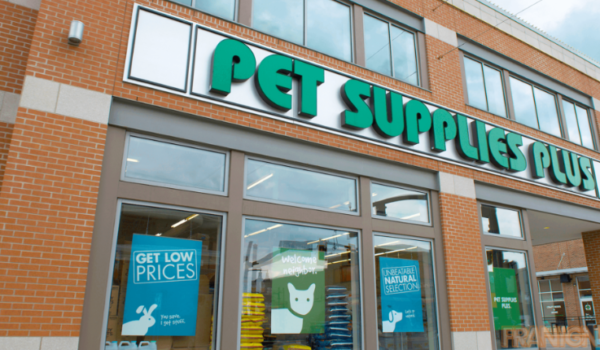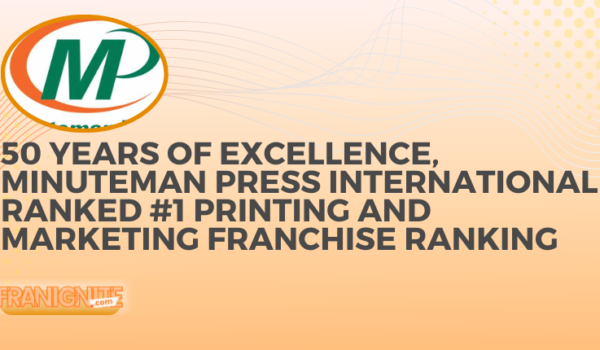Technology-driven businesses are inclined to achieve their targeted milestones much earlier than the conventional ways. With the soaring achievements of automation, difficult tasks have become easier to approach. Franchises and other businesses have also adapted to the technology and updated their systems and operations. It gives access to business owners to be prompt with their responses in any given circumstance. When a business grows, conversion rates and customer retention are crucial aspects to be attended to. Customer Relationship Management is a system of synchronized strategies, with a combination of practices and technologies, and meticulous data analysis of customer interactions throughout the customer lifecycle. How to find a CRM system that best fits your franchise is a task. For years, CRM software was enterprise-exclusive, but lately, the increase in the popularity of CRM modules among small businesses speaks highly of the credibility that the software has to offer.
According to a survey conducted among 1500 American small business owners, 23 percent are using CRMs full-fledged.
CRMs have to offer:
- Organized business operations
- Improved customer service
- Fine-tuned credibility and professionalism
CRM follows a simple mechanism. The CRM acts as a centralized database that stores your contact information in one place, tracks your referrals, reminds you of follow-ups, and capacitates the business to capitalize on growth windows in an early phase of the business. The challenge is finding the best CRM that fits your franchise or any business for a matter of fact.
Consider these pointers when you are investing in a CRM system for your business:
- Look for ease of access: Ease over sophistication
It was only a few years ago, that customer relationship management software cost hundreds of thousands of dollars and had a difficult interface. With advancements in technology, the modern CRM has options that are cost-effective, quick to install, and quite straightforward to operate. Having an administrator, especially for the setup and initial working, then it’s quite difficult to use. majorly a business will expect certain attributes that help integrate the sales and marketing processes into one. This is a huge advantage to the franchises. Also, the CRMs do provide features such as lead notification so that you know when a potential lead landed on your page and is looking for what.
2. Time and Cost Effective
CRMs can cost a bomb if not thought through. You need to calculate how much time a product is saving compared to its cost. “If I can save my manager three or four hours a week and she’s making $15 an hour, then it’s a no-brainer to spend $99 a month,” says King, owner of 30 locations of Auntie Annie’s franchise across Southwestern America.
3. Industry-specific needs
It is important to understand that big enterprises would need high-end feature-loaded software to handle their huge production and operation lines across the business. While small businesses might not require that level of sophistication considering the high investment that would call for. For small-scale franchises also, aiding the system with CRMs with fewer features does the job fine.
CRM.’s data analysis helps reevaluate the time and expenditures on customer acquisition, and retention hence facilitating steady growth as the return for investment.
Liked what you read? Follow us on Linkedin.
Want your franchise news to be covered? Send your Press Release.




